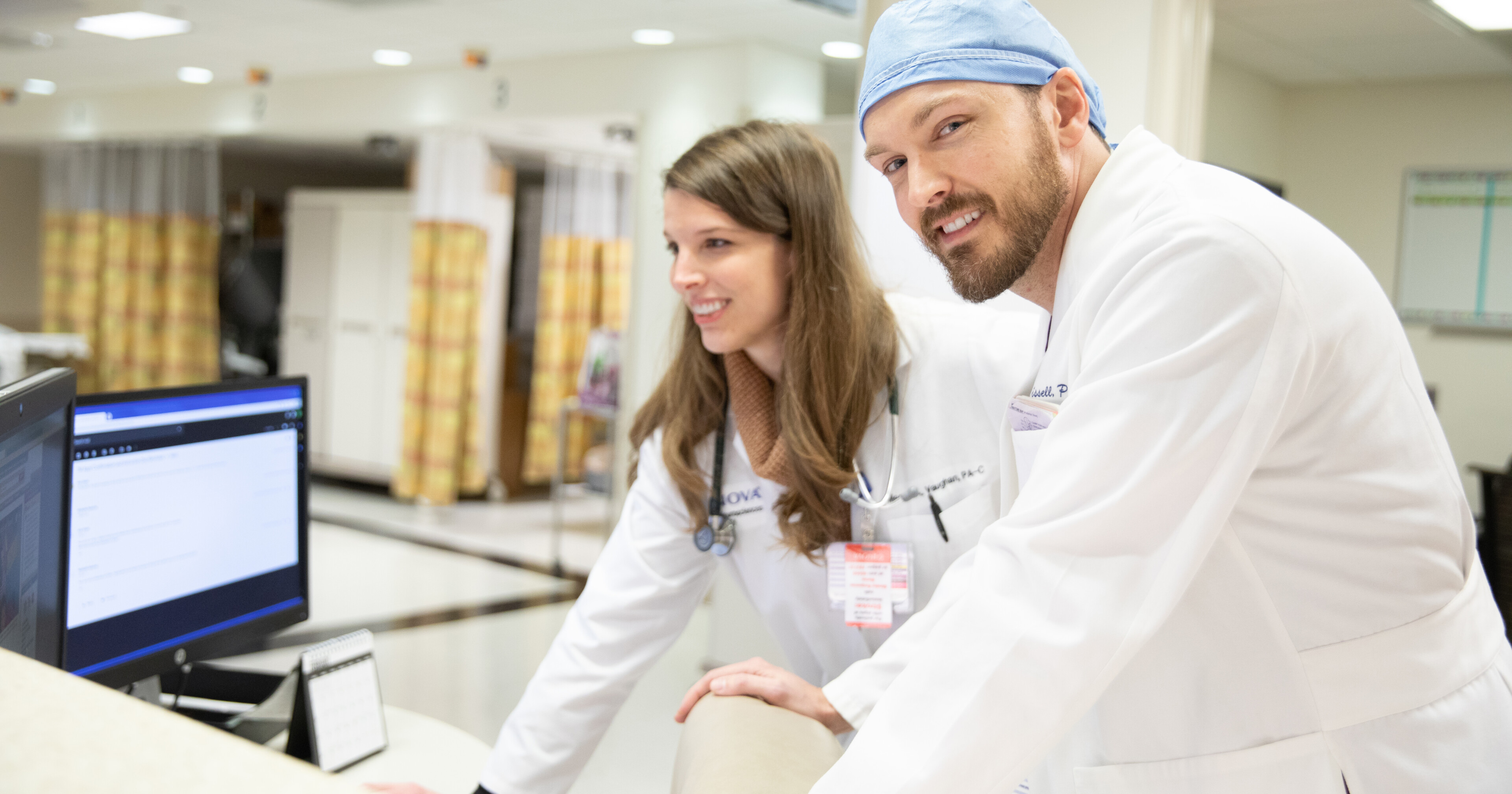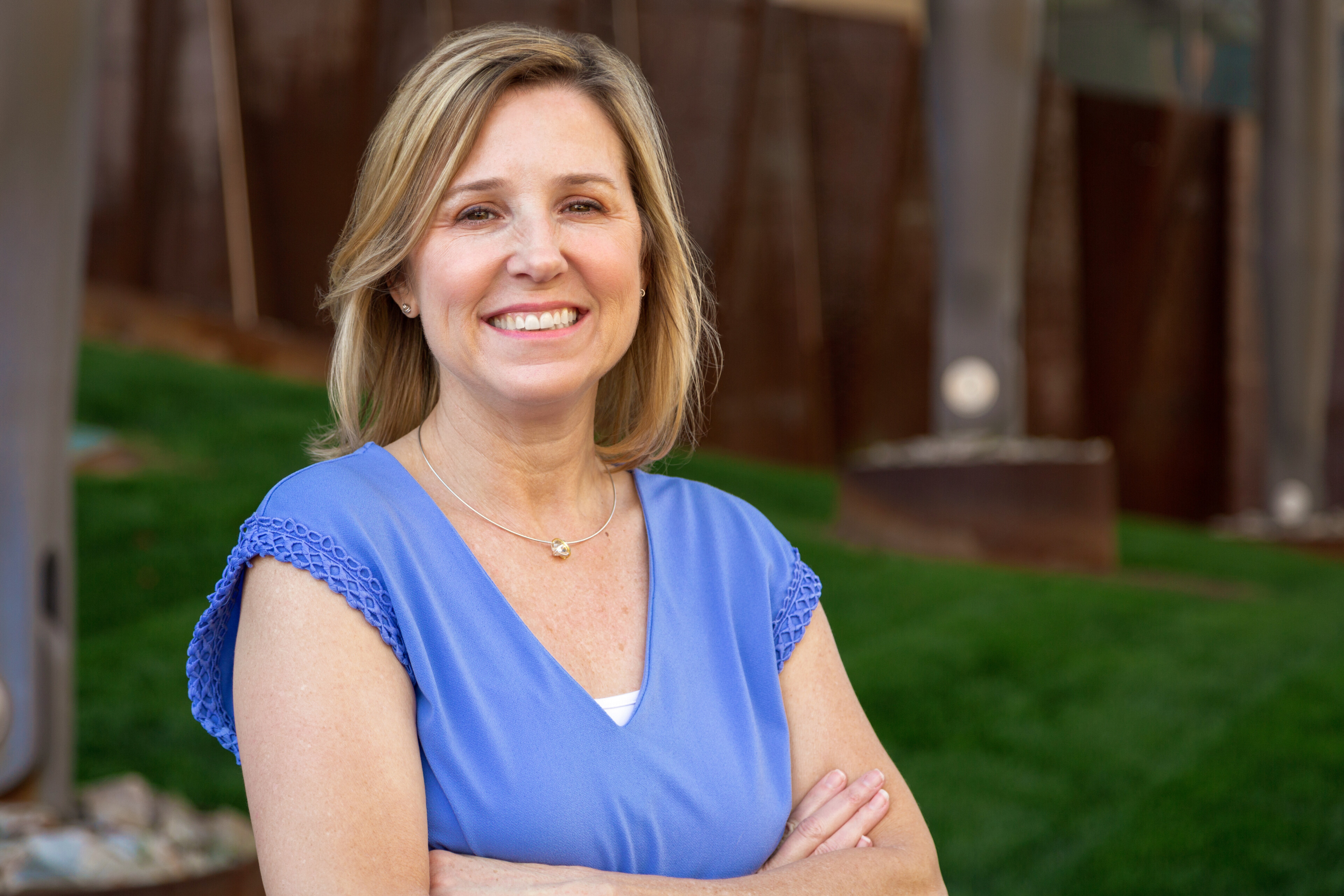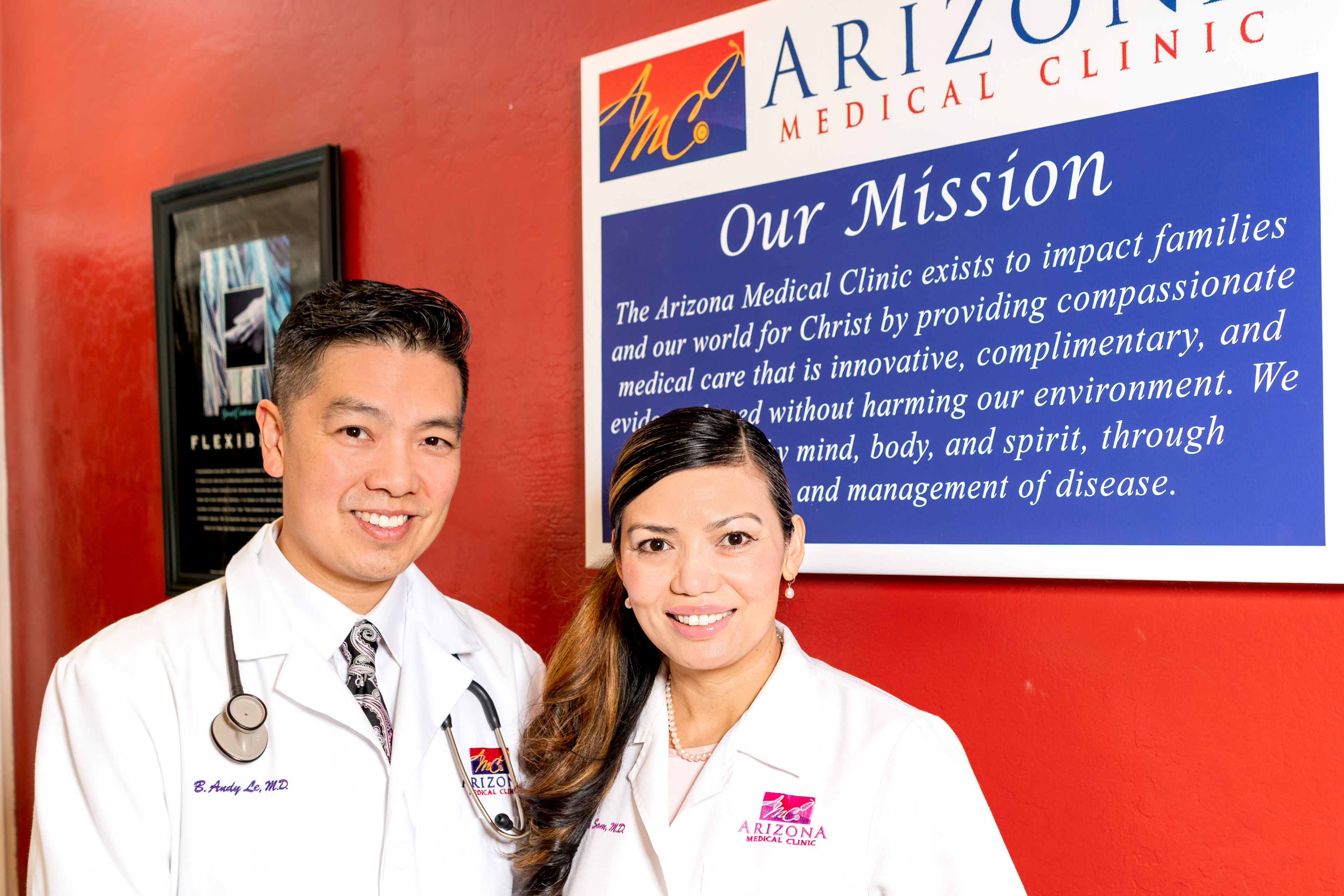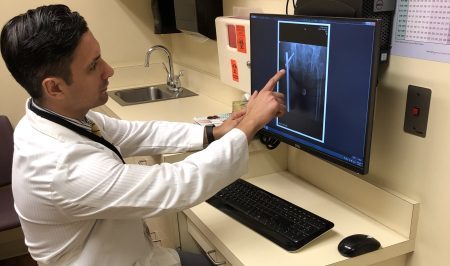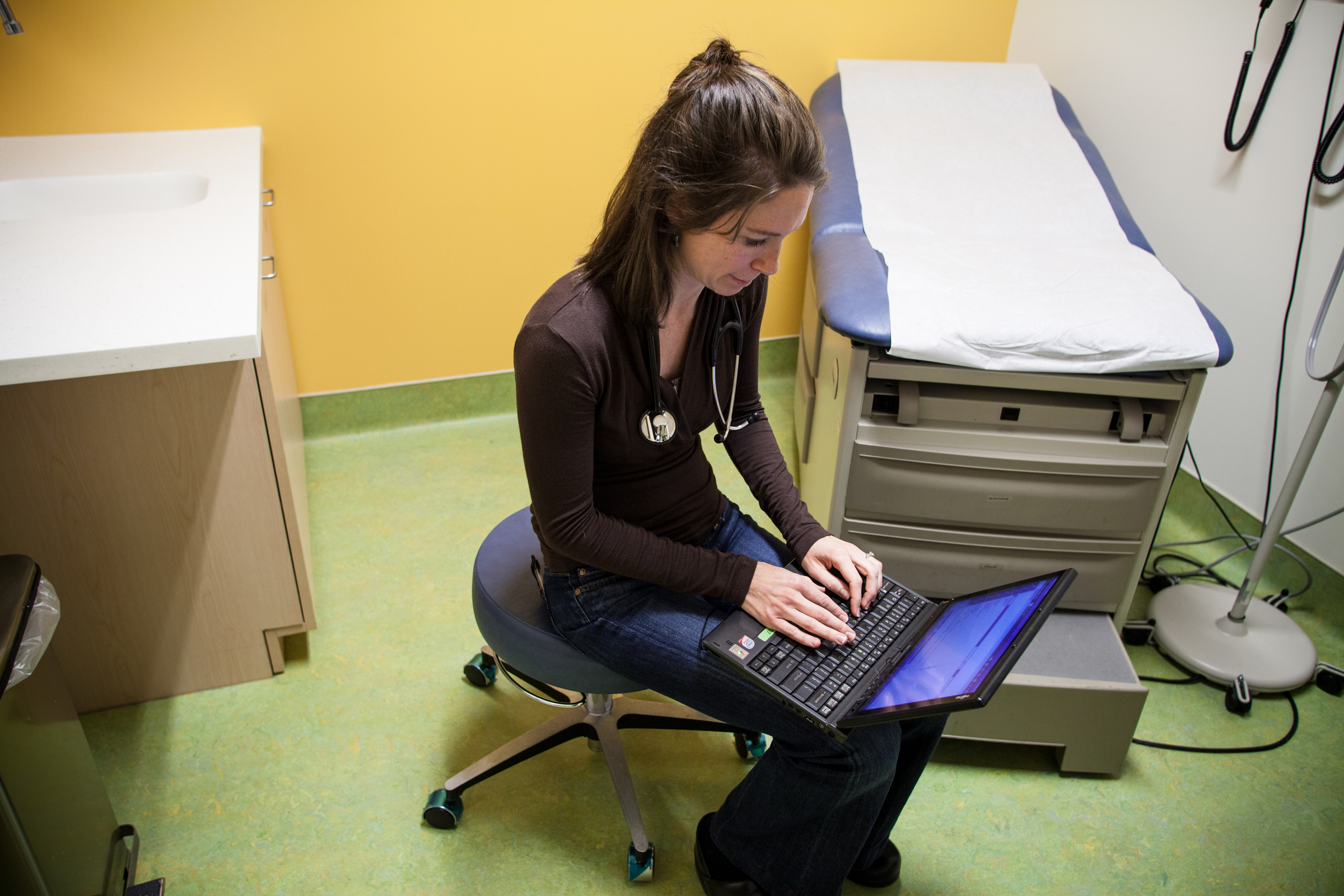A Primary Care PA Answers Your Most Pressing Questions
Kasey Brundidge, a primary care PA, sets the record straight on PA students’ most pressing practice questions. Here, she addresses the wide range of medical knowledge needed, patient volume, burnout, salary, and schedule questions.
April 25, 2019


